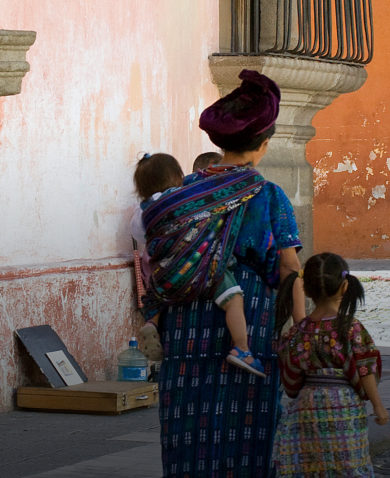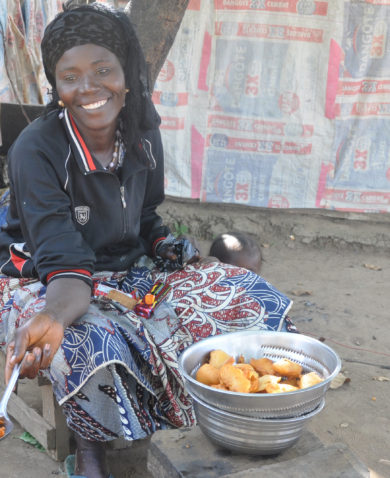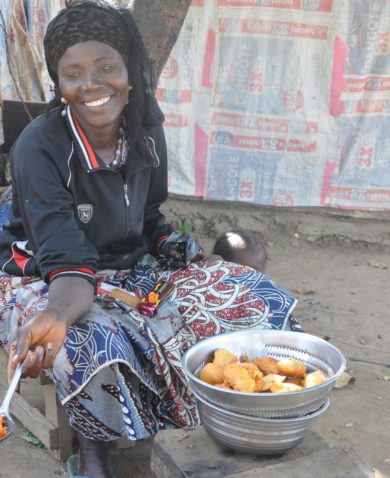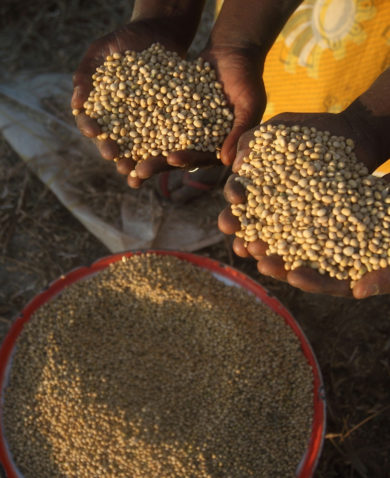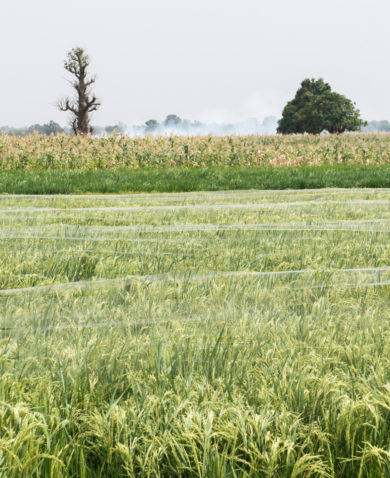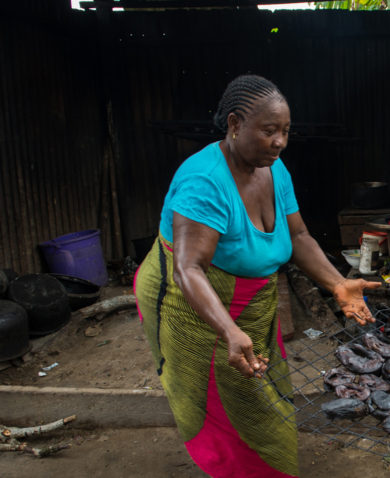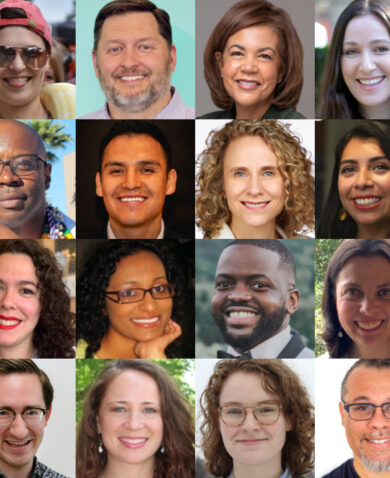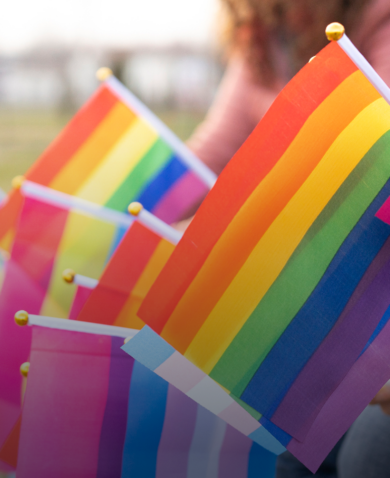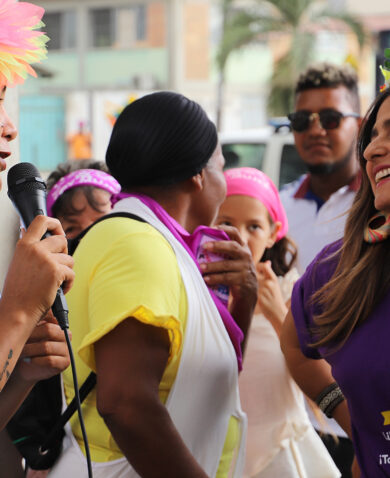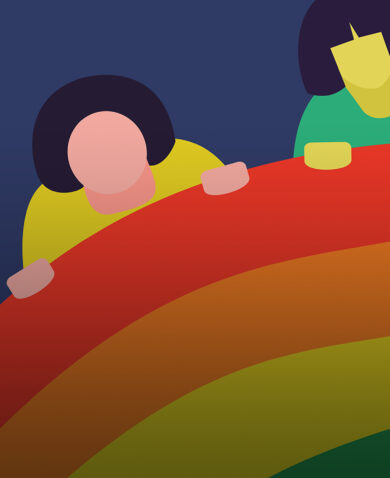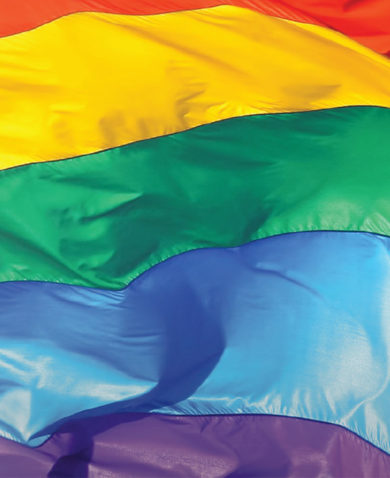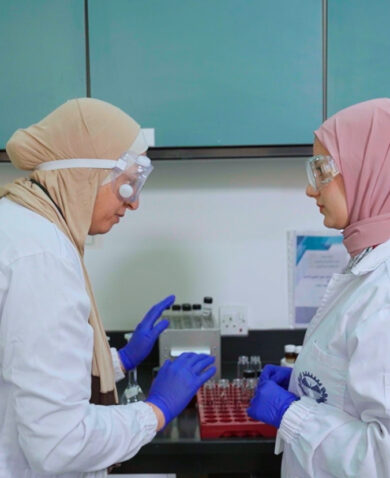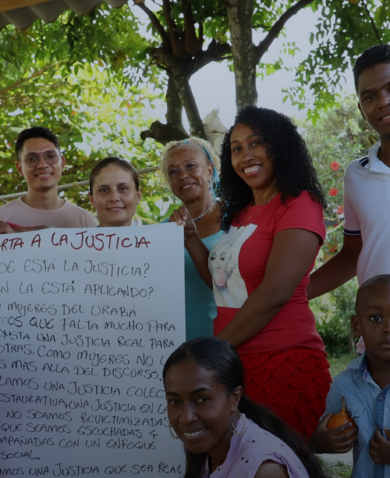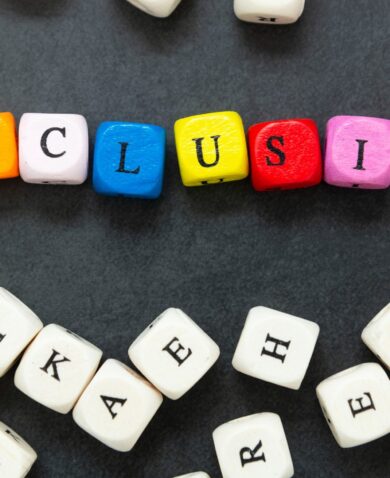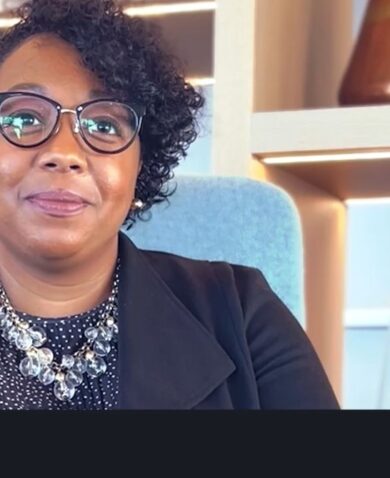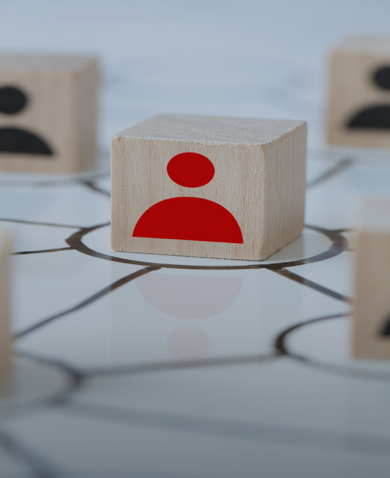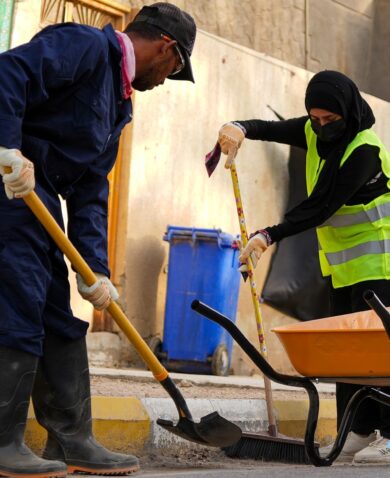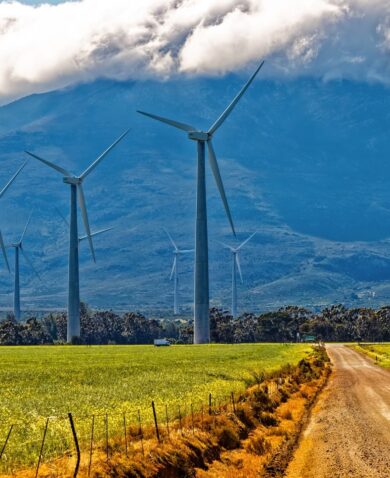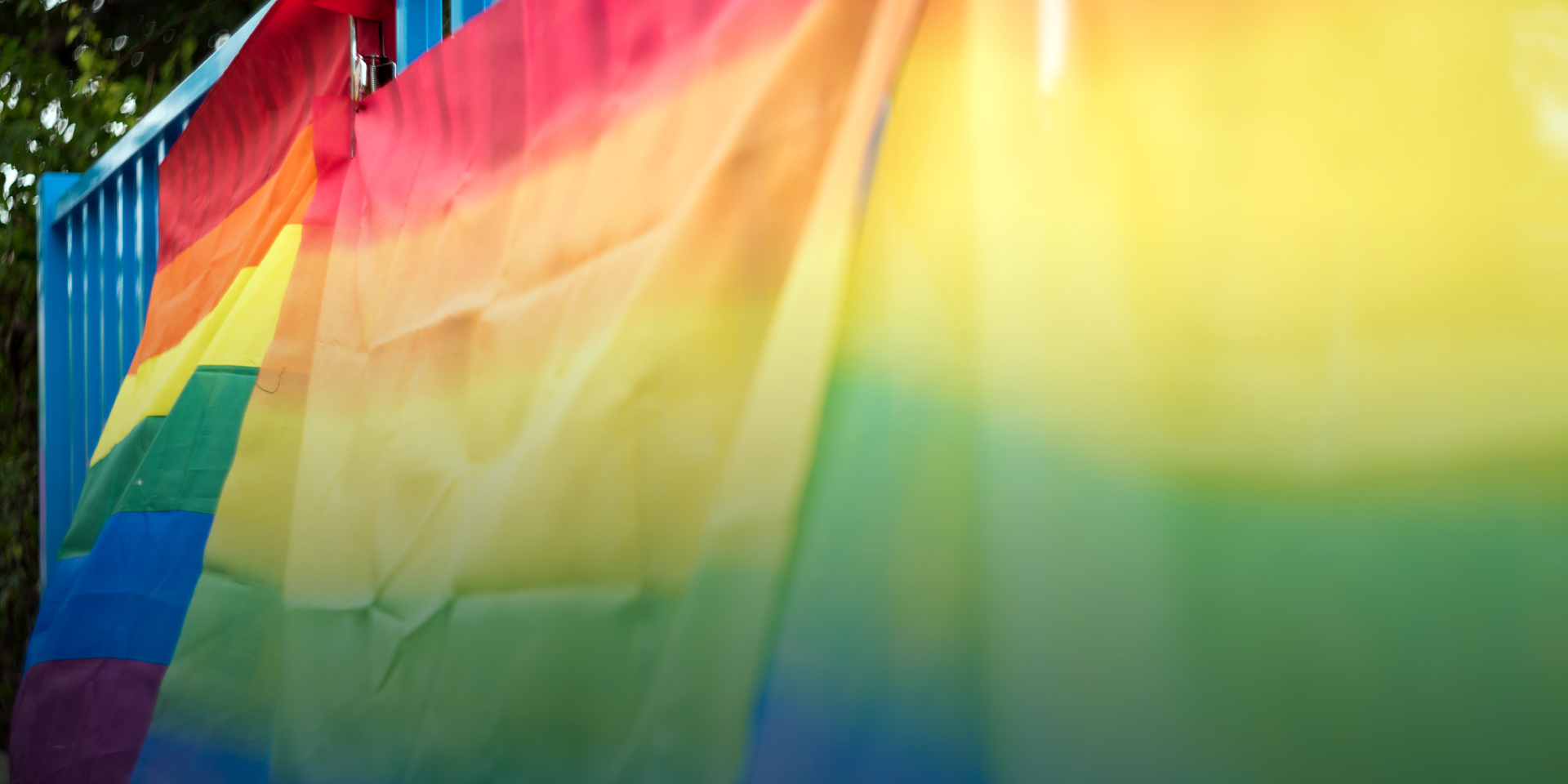
Proud and Loud Resilience Programming
November 15, 2018 | 4 Minute ReadBy applying an LGBTQ lens to development program design across sectors, we can address the community's immediate needs while creating the environment for long-term resilience.
Although international development programs often seek to extend aid efforts to the LGBTQ community as part of an inclusive development approach, these efforts can fail in places where there is a significant dichotomy between the program’s goals and the host country’s legislative and religious norms. LGBTQ efforts can be sidelined when aid efforts focus on less divisive issues more easily addressed at both the local and national policy levels.
To inhibit disassociation of aid from local LGBTQ activism, we should apply an LGBTQ lens to development programming, particularly in countries with harsh anti-LGBTQ laws in place. The application of this lens would constitute a two-step approach:
- Actively include LGBTQ programming in all development sectors.
- Identify preexisting LGBTQ communities and implement skills-building resilience programming.
Taking this approach will create the necessary environment to increase long-term national LGBTQ resilience while addressing the immediate issues of those communities today. This can mutually benefit LGBTQ communities, donors, and local governments.
Step 1: Can we apply an LGBTQ lens to any development sector?
Although easier said than done, the short answer: yes. Let’s consider what this programming would look like in the context of a West African agricultural project. When selecting which value chains to target, international aid organizations consider those that will economically empower marginalized communities to increase their presence in the labor market. For instance, aid organizations can strengthen the economic independence and resilience of women by investing in Ghana’s shea value chain. While Ghanaian men work predominantly in wholesale trade, women tend to dominate small-scale production of legumes, cereals, and nuts. Investments in the shea value chain help women acquire the capital, knowledge, and skill set necessary to operate independently and expand their influence within agricultural food chains. Agricultural projects can apply the same approach to LGBTQ communities by identifying small-scale value chains that will allow their members to become economically resilient.
Let’s now consider LGBTQ programming within the education, health, and governance sectors. LGBTQ programming in these sectors becomes limited in countries where that community is criminalized. However, it becomes greatly beneficial in countries where the LGBTQ community is legally accepted but socially rejected. USAID and the United Nations Development Programme have developed the ‘Being LGBT in Asia’ program in Cambodia, China, Mongolia, Nepal, Indonesia, the Philippines, and Thailand, identifying regional and policy obstacles facing LGBTQ communities. In Thailand, where the LGBTQ community is not explicitly persecuted, religious barriers and expected family roles still contribute to employment discrimination and other forms of social exclusion. To address these issues, educational programming in Thailand could actively include LGBTQ education in course curriculums. In the governance sector, training programs for recruiters that include LGBTQ inclusion training could limit employment discrimination. In the health sector, the Ministry of Health could develop LGBTQ health services accessible to communities in all provinces, along with investments into HIV testing, a prevalent crisis in Thailand.
Whether agriculture, education, health, governance, water, or energy, all sectors have the potential to include an LGBTQ lens in their programming, which will build environments conducive to long-term economic, political, and social resilience of the LGBTQ community.
Step 2: Can we meet people who identify as LGBTQ where they are?
Since the positive effects of the previously described efforts will not instantly manifest themselves on the LGBTQ community, aid organizations should complement these long-term efforts by addressing the immediate needs of LGBTQ communities. Aid efforts should focus on implementing skills-building programs in those communities to allow them to become self-sufficient in the harshest of legislative climates. Such programming could mimic that of the Refugee Flag Kakuma program in Kenya. As seen in multiple West and East African countries, legislative and religious rejection of LGBTQ people increases resettlement to LBGTQI communities, such as the one found at the Kakuma refugee camp. Yet, the camp’s LGBTQ community faces daily homophobia and barriers to employment. The Refugee Flag Kakuma program was thus opened to the members of the camp’s LGBTQ community to implement skills-building programming. This program seeks investments into poultry, catering, crafts, and other transferable skill sets so that the community can become economically resilient within this harsh environment. International aid organizations should emulate the efforts of Refugee Flag Kakuma by investing in craft skills development and small agriculture efforts to immediately support LGBTQ communities before sector-wide programming can manifest itself on the economic, political, and social environment.
Being Reactive Isn’t Enough: Why Proactive Programming Matters
Applying an LGBTQ lens to all programming, NGOs and governments can avoid using punitive backtracking to protect the LGBTQ community. This latter strategy consists of revoking aid to governments whose legislation intentionally supports physical and rhetorical violence against the LGBTQ community. Unfortunately, this reactive approach bandages the problem instead of preventing it. Despite the U.K., U.S., Germany, Sweden, and the European Parliament repeatedly using this approach in East Africa, it does not advance the rights of LGBTQ people longitudinally. In fact, it inadvertently places them at risk by presenting the LGBTQ community’s agenda as contrary to that of the nation. In 2014, the U.S. threatened to cut aid to Nigeria after the country’s senate passed the Same Sex Marriage (Prohibition) Bill. As a result, Nigerians blamed their LGBTQ community for allowing the U.S. to impose its culture on their country’s legal matters. By designing programs with an LGBTQ lens, we can build economically resilient LGBTQ communities that stimulate local economies and discourage governments from passing laws that normalize cultural isolation, healthcare deprivation, and arbitrary detention of the LGBTQ people. Such programming will smooth relationships between aid organizations and host countries, limiting the trend of pegging the LGBTQ community as the national scapegoat for reduced aid.
LGBTQ Business is Everyone’s Business
Implementing this two-pronged, proactive approach will benefit not only LGBTQ communities but also donors and local governments. Investments to support the immediate needs of LGBTQ communities will allow them to better support themselves locally, thereby decreasing reliance upon international aid organizations to implement punitive backtracking at the federal level. Sector-wide programming will create environments welcoming to LGBTQ resilience, decreasing resettlement to LGBTQ communities like the Kakuma refugee camp’s. Investments in LGBTQ research in sectors like health could also decrease funding needed to combat the HIV crisis in Thailand and other countries fighting the epidemic. Proactively addressing LGBTQ issues will thus exponentially decrease the extent of future aid needed for health crises, resettlement, and adjacent issues. Simply said, LGBTQ business is everyone’s business.
Posts on the Chemonics blog represent the views of the authors and do not necessarily represent the views of Chemonics.

